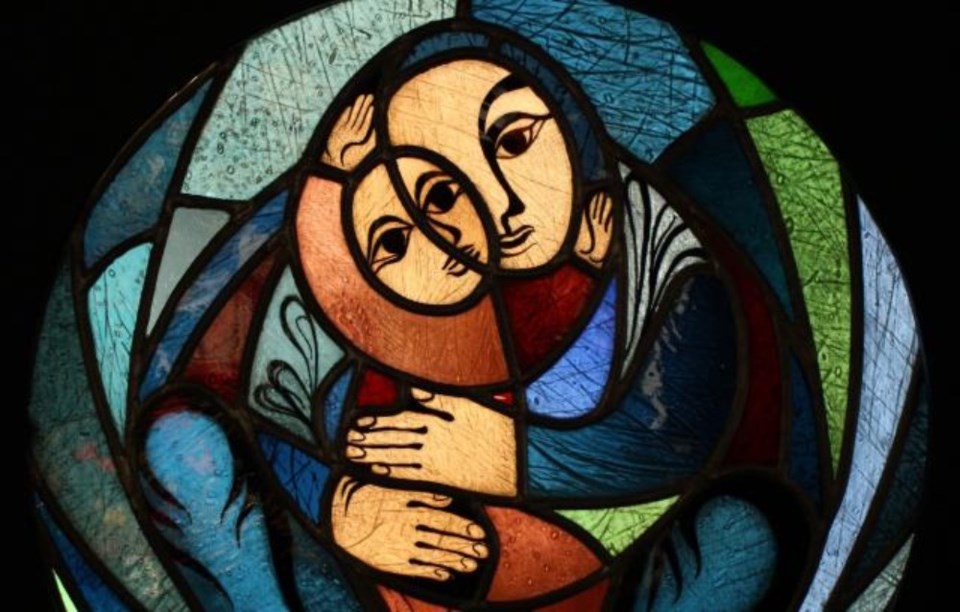The United Church has endeavoured to be ‘progressive’ in many areas, including outreach, and has had successes as it evolved

In the early 20thCentury, Canada was encouraging settlers to immigrate from the UK and Europe to this new country, to develop a strong healthy economy, and to keep the Americans out. It was certainly a ‘colonizing’ initiative. Settlers were looking for a better life as many had experienced crowded conditions, under employment, poverty, and discrimination, especially in eastern Europe. They responded to promises of accessible transportation, free homesteads, and a safe land in the newly emerging west. While vague treaties were negotiated with indigenous people, it was clear that the focus was on European immigrants to ‘develop the west’, regardless of the indigenous population
Protestant missionaries were keen on establishing congregations to serve the immigrants and to promote their own vision of a ‘Christian’ society. One dilemma they faced was too many faith ‘traditions’ seeking the same population in small prairie towns. Did these newly emerging settlements all need a Presbyterian, Baptist, Anglican, Methodist and Congregational church at each corner? It would be a crowded corner!
Before the First World War there had been attempts to resolve this, but the War put things back for almost a decade. After the war, townspeople started setting up their own ‘union’ churches. Eventually the Methodist, Congregationalists, and most Presbyterians, decided to merge and create a new Canadian ‘United’ Church and on June 10, 1925, an Act of Parliament created the United Church of Canada. It was a very pragmatic Canadian initiative that required a certain open-mindedness and was the first in the western world.
The new United Church endeavoured to be ‘progressive’ in many areas, including outreach, and has had successes as it evolved. The first woman minister was ordained in in 1936, decades before some other traditions. It was the first to have a woman as Moderator [the leader of the denomination], an Asian, an Indigenous, a Black, as well as a lay [non clergy] person, elected to its highest office. Talk about celebrating diversity! The United church became assertive in many social justice issues. Indeed, it was the first to apologize for its involvement with residential schools. It has also been active in ecumenical and inter-faith initiatives and as with other denominations, it has tried to have more open conversations regarding faith on social topics.
The Church affirms that the sacrament of ‘Communion’ is open to people of any age and at whatever state they are in their faith walk, as it is God’s table, not the table of the United Church. It also encouraged a wider musical expression in worship, and it has just launched its fifth Hymn/song book since 1930, an ‘online’ version; always attempting to sing a new song! Gone are the ‘triumphant’, ‘imperial’, and ‘exclusive’ languages of earlier versions.
As with many faith traditions, it’s numbers have declined considerably since the highs or the 1960’s. In 1988 the Church lost congregants as it affirmed that providing a person met all the requirements for Ministry, they could be ordained, regardless of their sexual orientation. They also authorized gay marriage a few decades later.
In 1968 the United Church created its own contemporary ‘New Creed’which dealt with our faith walk in the present time. You can find itHERE. In this century, the phrase ‘spiritual but not religious’ has been common; the United church has often emphasized that while most people are not ‘religious’, most have a ‘spiritual’ dimension to them that is to be honoured in worship.
I wish them well in this birthday year as they continue to evolve as a Canadian born church making important contributions to their communities.
Barry Rolstonhas enjoyed being a member of the United, Anglican Church and Lutheran Church in his adult life. He is currently a congregant at Broad View United.
You can read more articles on our interfaith blog, Spiritually Speaking, athttps://www.timescolonist.com/blogs/spiritually-speaking
* This article was published in the print edition of the Times Colonist on Saturday, June 21st 2025